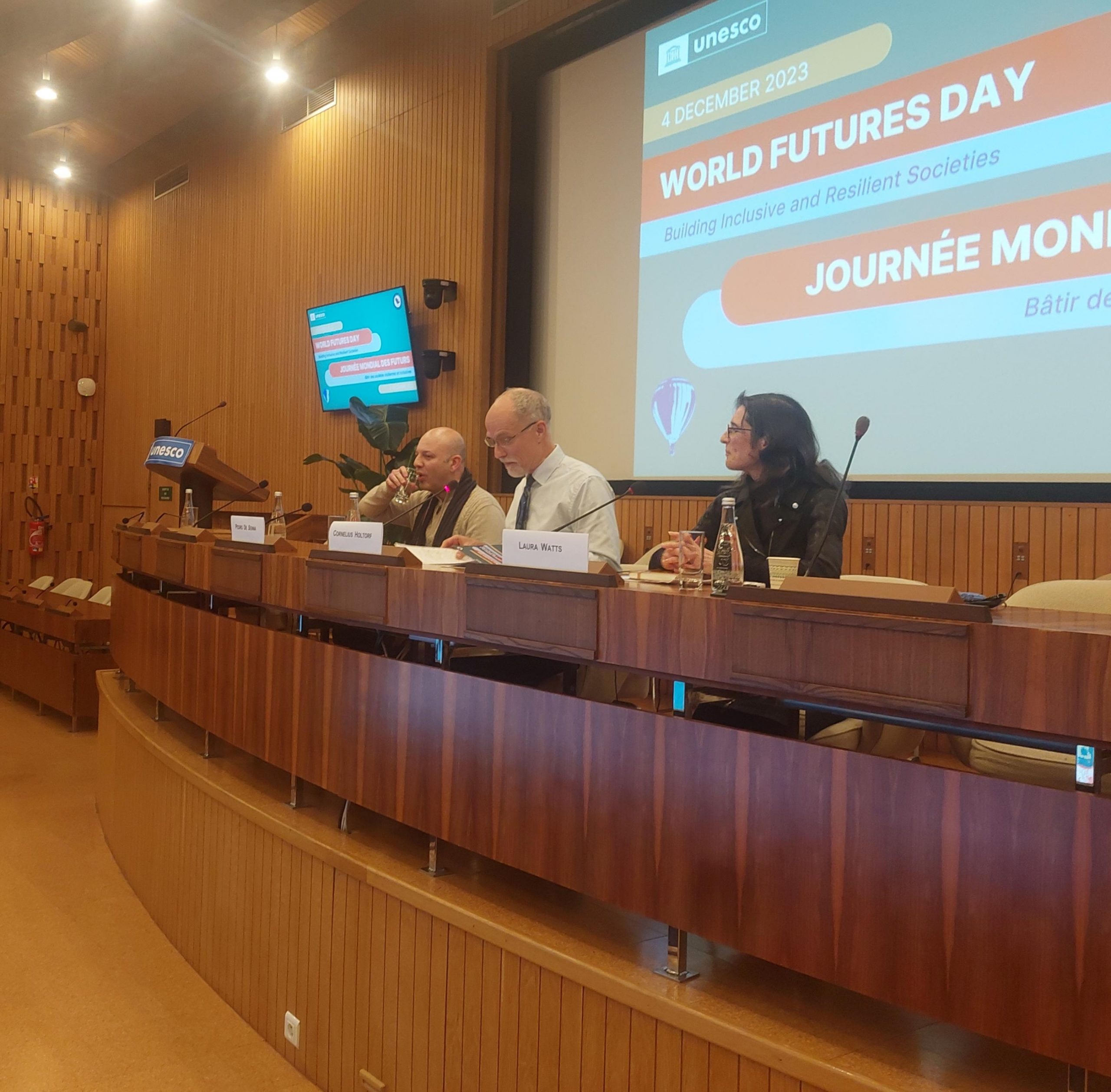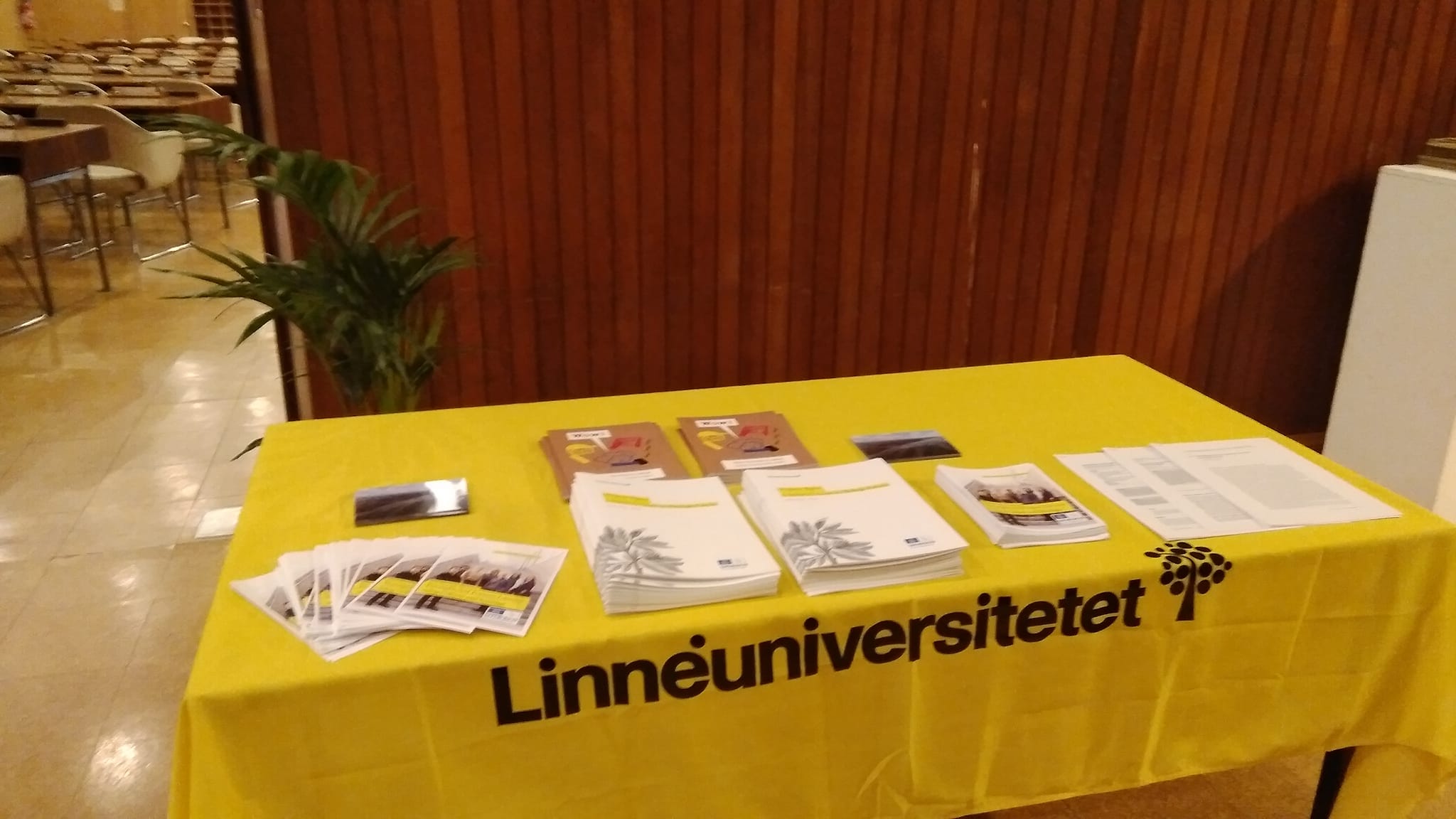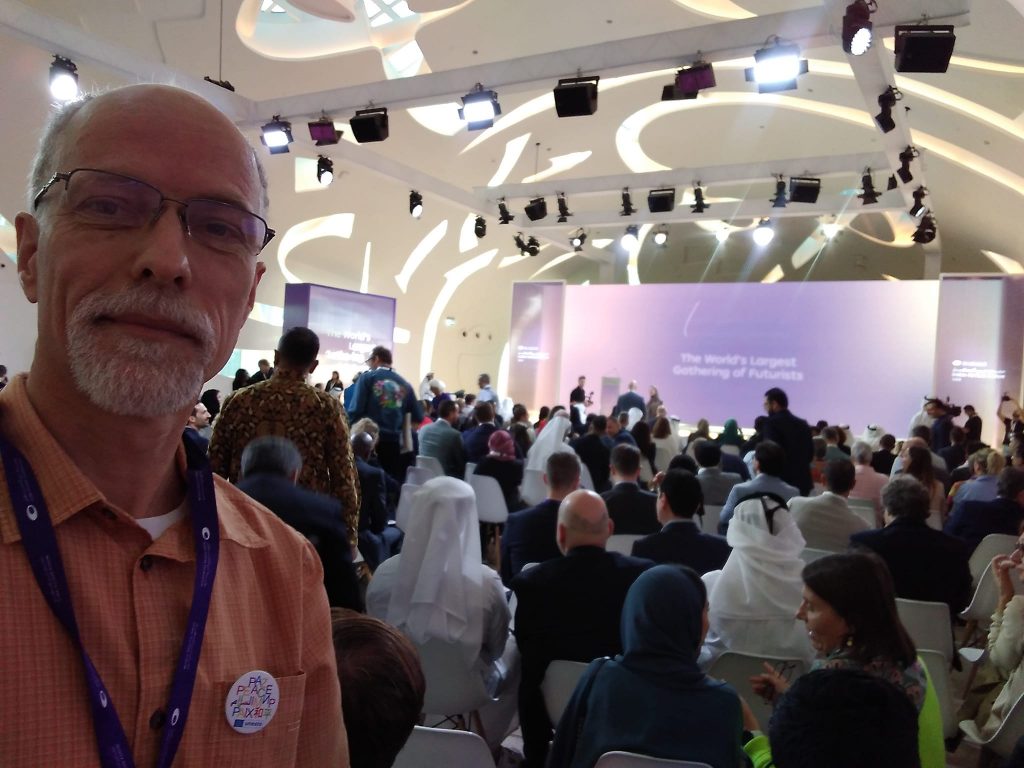Cornelius Holtorf attended a zoom seminar on Hur kan vi framtidssäkra vår verksamhet? organised by the Museum of Västernorrland in Härnosand (3 October 2023).
Cornelius Holtorf took part in a lunch sponsored by the Friends of Sandbyborg at Linnaeus University’s training excavation site of Gamla Skogsby, followed by participating in a discussion panel to discuss ‘future archaeology’ in relation to the ongoing excavations (4 October 2023).
Cornelius Holtorf took part in the annual meeting of the Academic Advisory Board of the Leibniz Centre for Archaeology (LEIZA) in Mainz, Germany. He also contributed to the Board’s retreat held one day later near Mainz (14-15 October 2023).
Cornelius Holtorf, Anders Högberg, Sarah May, Emily Hanscam, and Helena Rydén discussed their present priorities with colleagues at Malmö University interested in learning more about the work of the Chair with a view towards future collaboration (17 October 2023).
Anders Högberg presented a paper on “Participatory futures making and heritage processes” (co-authored with Gustav Wollentz) for colleagues at Malmö University (17 October 2023).
Cornelius Holtorf lectured for three hours on “Cultural and heritage tourism – making choices for the future” for 3 students taking the advanced-level course on Tourism and Sustainability in the Anthropocene 15 credits in Tourism and Recreation Studies at Linnaeus University, Kalmar (24 October 2023).
Cornelius Holtorf co-run a full-day workshop in Stockholm with 12 national heritage experts attending, forming part of a project on cultural heritage compensation for the Swedish Transport Adminstration (25 October 2023).
Cornelius Holtorf presented a talk entitled “Varför hantering av kärnavfall behöver kunskap om kultur” for almost 30 attendants of the Culture Breakfast organised by the Municipality of Kalmar (14 November 2023).
Cornelius Holtorf was interviewed about Heritage Futures for TV station Dubai One in Dubai, UAE (27 November 2023).
Cornelius Holtorf signed the “Global Call to Put Cultural Heritage, Arts and Creative Sectors at the Heart of Climate Action.” This is a global call to the UNFCCC to include cultural heritage, the arts and creative sectors in climate policy, at the time of COP28 held in December 2023 in Dubai.
Cornelius Holtorf attended of the Resilience Hub programme at COP 28, held in Dubai, the following sessions
- Preserving Our Legacy: Climate resilience for culture and heritage, hosted by the Climate Heritage Network (CHN) and the International Centre for Climate Change and Development (ICCCAD) (3 December 2023)
- How Creativity Can Build Resilient Communities (9 December 2023)
Cornelius Holtorf, Anders Högberg, and Ulrika Söderström attended a lecture by Marcy Rockman on “The Radical Importance of Now in Linking Archaeology and Climate Change” organised by the Swedigarch project (6 December 2023).
Cornelius Holtorf, Anders Högberg, and Gustav Wollentz contributed to an informal meeting of a small group of international specialists in heritage and foresight convened by Alison Heritage of ICCROM (8 December 2023).
Cornelius Holtorf participated in a meeting of ICOMOS International Scientific Committee on Interpretation and Presentation (ICIP) to discuss future strategy addressing contemporary conflicts (13 December 2023).
Cornelius Holtorf took part in the virtual informal consultations on the UN Summit of the Future arranged by the Co-facilitators of the preparatory process, the Permanent Representatives to the United Nations of Germany and Namibia (13 December 2023).
Cornelius Holtorf lectured for a class of undergraduate students in Archaeology on “Archaeology, Climate, and Sustainability” (15 December 2023).
Cornelius Holtorf lectured for a class of undergraduate students in Cultural Policy on “Global Cultural Policy” (19 December 2023).












[…] The new funding for this and a number of additional smaller projects, means that the Climate Heritage Network is…
[…] Chair on Heritage Futures « Culture, cultural heritage and COP26 […]
[…] mer på Unescoprofessurens blogg http://blogg.lnu.se/unesco/?p=1061 Besök Öland 2050! […]